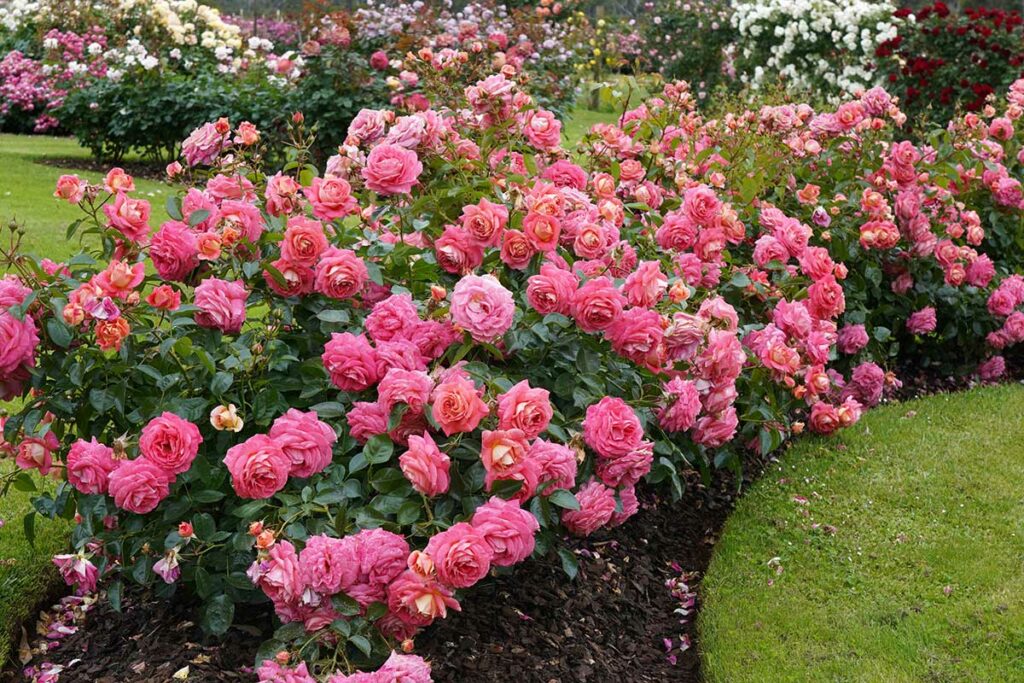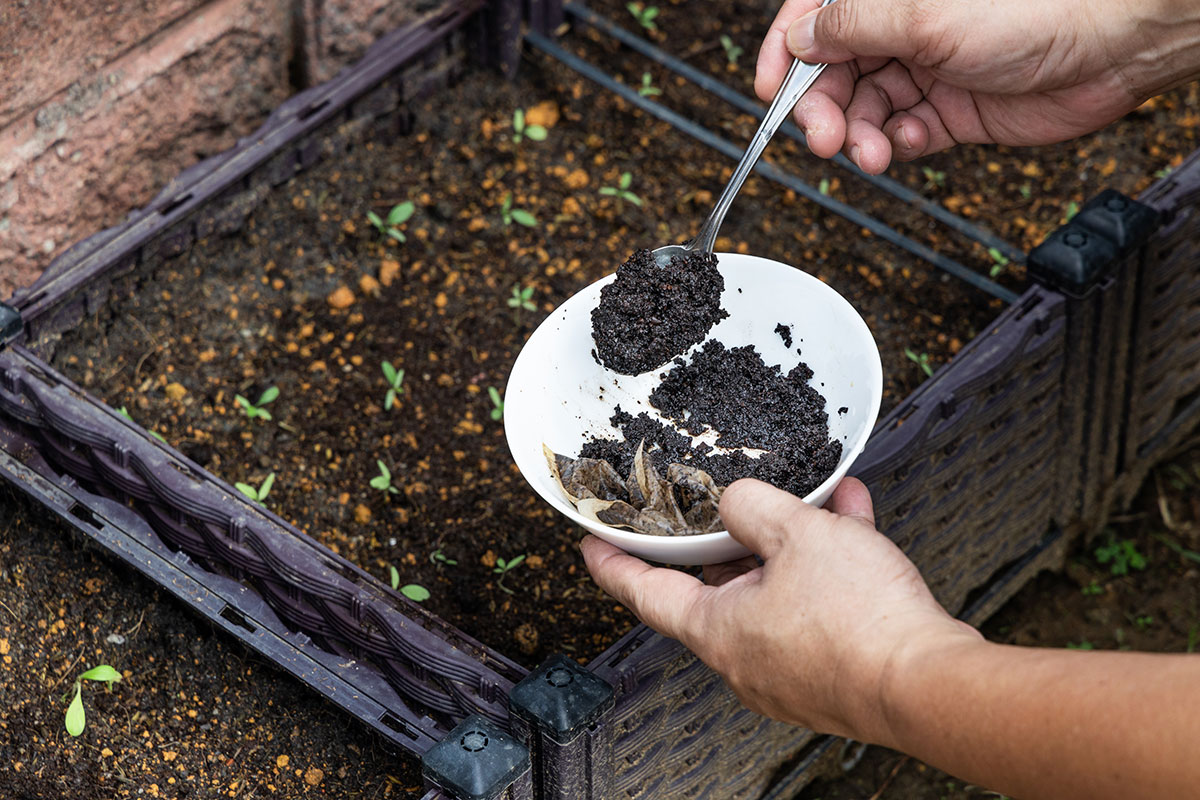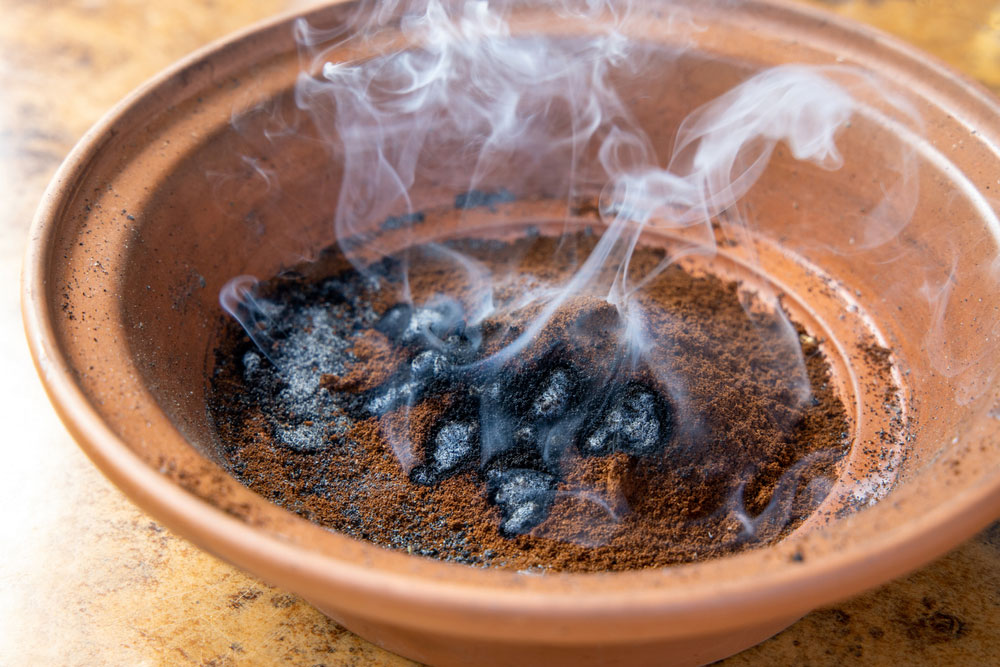Gardening has always been a passion of mine, and I’m constantly on the lookout for natural ways to enhance my garden. One trick that I swear by is using coffee grounds. Sprinkling coffee grounds in your garden can help deter pests like slugs, snails, and ants.
The great thing about coffee grounds is that they’re readily available. If you’re a coffee drinker like me, you’ve got a steady supply. Plus, using them in your garden not only helps with pests but also enhances the soil.
I’ve found that my plants thrive better when I incorporate coffee grounds into my gardening routine. The process is simple and eco-friendly, making it a win-win for both your garden and the environment.
Why Use Coffee Grounds for Pest Control?
Coffee grounds are a natural and sustainable way to repel various pests. The strong aroma of coffee, which many of us love, is actually quite repulsive to many insects and small animals. Here are some key reasons why coffee grounds are effective:
- Strong Scent: The potent smell of coffee is unpleasant to many pests, including ants, slugs, snails, and even some larger animals like cats and rabbits.
- Texture: The coarse texture of coffee grounds can act as a physical barrier, deterring pests like slugs and snails from crossing over to your plants.
- Nutrient-Rich: Coffee grounds are rich in nitrogen, potassium, and other essential minerals, which can improve soil fertility and promote plant growth while keeping pests away.
Types of Pests Coffee Grounds Can Repel
Before we dive into the how-to, let’s take a look at the types of pests that coffee grounds can help deter:
- Ants: Ants dislike the strong smell and acidity of coffee grounds, which can damage their exoskeletons.
- Slugs and Snails: The abrasive texture and caffeine content in coffee grounds are effective in keeping these slimy pests at bay.
- Mosquitoes: Burning coffee grounds can produce smoke that repels mosquitoes, making your outdoor spaces more enjoyable.
- Cats: If neighborhood cats are using your garden as a litter box, coffee grounds can help deter them due to their strong smell.
- Other Insects: Wasps, fleas, and some beetles are also known to avoid areas treated with coffee grounds.
Benefits of Using Coffee Grounds in the Garden
Using coffee grounds in the garden offers several advantages. Key benefits include enriching the soil with nutrients, acting as a natural pesticide, and improving soil structure and fertility.

Nutrient Composition of Coffee Grounds
Coffee grounds are packed with essential nutrients that can significantly benefit garden soil. They contain nitrogen, which promotes healthy leaf growth, and smaller amounts of phosphorus and potassium. These nutrients are vital for plant health. You can sprinkle coffee grounds around your plants to enrich the soil. They can also be added to your compost pile to enhance the nutrient content of your compost.
Coffee Grounds as a Natural Pesticide
Coffee grounds serve as an effective natural pesticide. The rough texture deters slugs and snails, making it harder for them to reach plants. Caffeine in the grounds can also be harmful to insects, repelling pests like ants. I like to sprinkle coffee grounds around my garden beds to create a barrier against unwanted visitors. This natural method is both eco-friendly and cost-effective.
Improving Soil Structure and Fertility
Coffee grounds improve soil structure by adding organic material, which enhances soil aeration and drainage. This makes it easier for roots to grow and access nutrients. Moreover, coffee grounds promote microbial activity, which is beneficial for breaking down organic matter and enriching the soil with humus. By regularly adding coffee grounds to your soil, you can create a healthier and more fertile environment for your plants.
Effective Ways to Apply Coffee Grounds to Deter Pests
There are several practical methods for using coffee grounds to keep pests away from your garden. By creating barriers, mixing them into the soil or compost, and being mindful of certain plants, you can effectively utilize coffee grounds.
Creating a Barrier Around Plants
I like to sprinkle coffee grounds around the base of my plants to create a protective barrier. This coarse texture deters slugs and snails because they don’t like crawling over it.
It’s a natural and straightforward method to protect delicate plants. For a small garden, just a thin line of coffee grounds can be very effective. Make sure to refresh the barrier after heavy rainfall to maintain its effectiveness.
Mixing Coffee Grounds with Soil or Compost
I often mix coffee grounds directly into the soil or compost. This not only deters pests but also adds nutrients. I find it enriches the soil with nitrogen, benefiting the plants.

Mixing about 20% coffee grounds with compost is a good balance. Remember not to overdo it, as too much can make the soil too acidic. This method works well for both vegetable and flower gardens.
Precautions for Using Coffee Grounds Near Certain Plants
Some plants are sensitive to the high acidity of coffee grounds. I am careful to avoid using them near plants like tomatoes and peas. Also, when using coffee grounds, I monitor the soil pH regularly to avoid making it too acidic.
A small amount typically won’t harm sensitive plants, but caution is always better. It’s essential to be aware of your specific garden plants’ needs when applying coffee grounds.
Other Uses of Coffee Grounds in the Garden
I’ve discovered that used coffee grounds can be a gardener’s best friend. For instance, these grounds can be mixed into compost. They provide essential nutrients like nitrogen. They also help create richer soil.
I often sprinkle coffee grounds around my plants as a slow-release fertilizer. The grounds help to balance the soil pH. My plants seem happier and healthier.
Mulching with coffee grounds is another trick up my sleeve. It helps retain moisture in the soil. Plus, it keeps weeds at bay.
I also use coffee grounds to improve soil structure. When I work them into the soil, they enhance drainage and aeration. This is especially useful for my clay-heavy garden beds.
For anyone wanting to attract worms, coffee grounds are great. Earthworms love them. They come, enrich the soil, and make my plants thrive.
A quick tip: Avoid using coffee grounds around seedlings. They might inhibit growth. Stick to using them on established plants instead.
Here’s a handy checklist for you:
- Compost: Mix in compost bin
- Fertilizer: Use as slow-release around plants
- Mulch: Retains moisture and suppresses weeds
- Soil Structure: Enhances drainage and aeration
- Worms: Attracts earthworms
By using coffee grounds effectively, we can make our gardens more bountiful and vibrant!
Frequently Asked Questions
There are various methods for using coffee grounds to deter pests in your garden. Coffee grounds can help with ant repulsion, the suitability of plant applications, and effectiveness against various pests.
What are the best methods for using coffee grounds to deter garden pests?
Sprinkle used coffee grounds directly onto the soil around your plants. Create a barrier with grounds around the base of the plants. Mix the grounds into compost before applying.
Can coffee grounds help repel ants in the garden?
Yes, coffee grounds can help repel ants. Scatter used coffee grounds in areas where ants are commonly found or create a border around ant-prone plants.
Are there certain plants that should not have coffee grounds applied around them?
Yes, avoid using coffee grounds around plants that prefer alkaline soil. Some examples include lavender, rosemary, and African violets. Using grounds around these plants can negatively impact their growth.
How effective are coffee grounds at keeping bugs away from garden plants?
Coffee grounds can be somewhat effective at repelling certain bugs. They can deter slugs, snails, and some insects due to their texture and caffeine content, which pests tend to avoid.
What types of animals and pests can be discouraged by using coffee grounds?
Coffee grounds can help deter slugs, snails, and ants. Larger animals such as cats and rabbits may also avoid areas treated with coffee grounds due to the smell and texture.
What are some natural ways to burn coffee grounds for pest control in the garden?
Dry the used coffee grounds until they are completely moisture-free. Place the dried grounds in a fireproof container or a small outdoor fire pit. Light the grounds carefully to produce a slow-burning smoke that can help repel pests.




